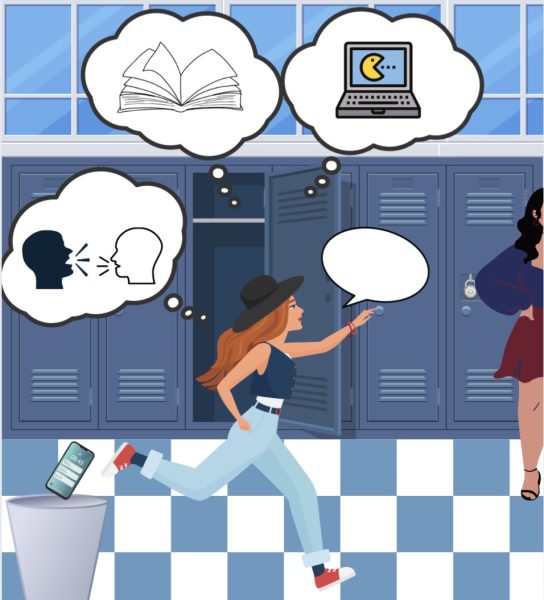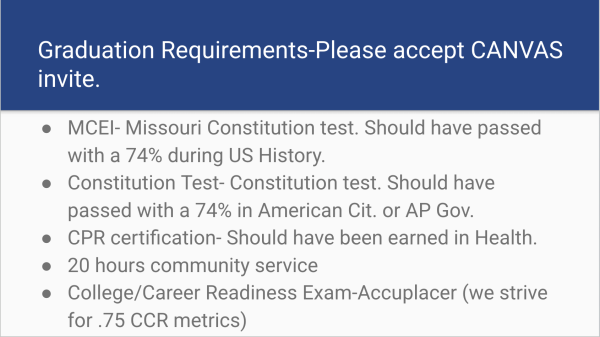Sleep Deprived Students: A Trend
It’s unavoidable. Sleep-deprived students walk the halls every day, groggily trying to make it to class without falling over.
In class, they give themselves just three minutes to rest their head, until they’ve completely passed out. Students have a hard-enough time with the pile of homework sitting on their desk at home, balancing having a job as well as getting up early in the morning just to make it to school on time.
Has this issue gone to far? Did the flip in starting times between middle schools and high schools in the district really help high schoolers?
“It’s kind of annoying because my younger sister gets up before me, and she’s loud. I still only get the same amount of sleep that I did before the time change of the schools starting time,” sophomore Madison Wilson-Kurzava said.
Students found the challenging time schedule they’re put on difficult to keep up with. Students, on average, need 8 or more hours of sleep, according to sleepfoundation.org (https://www.sleepfoundation.org/articles/teens-and-sleep). If students are having extra curriculars, jobs, and homework all in the same night, how are they expected to keep a good sleeping schedule?
According to med.stanford.edu, more than 87% of all high schoolers get less sleep than recommended due to the crazy demands of school. Sleep deprivation is a serious epidemic spreading throughout the nation, and the rates of it are increasing.
“With me having to get up so early in the morning, it’s hard for me to focus in all of my morning classes, and my grades can be effected by that sometimes. I get up at 6:30 every morning and go to bed around 9:30 at night. I still feel like I don’t get enough sleep,” Wilson-Kurzava said.
Being sleep deprived can also cause serious health issues in teens, and problems may arise. According to med.stanford.edu, it can lead to anxiety, depression, driving accidents, and in serious cases, suicide attempts. So, is the educational system in the United States really beneficial to its students?
“Students in my class fall asleep pretty often. At least one or two students will try to fall asleep. And you just got to have that conversation with them about trying to stay awake for that period of time, or at least through notes,” math teacher James Dye said. “I often hear students say, “I need more sleep.” But the same students who say that often say they know they need to go to bed earlier.”
Thinking about it, if a student is falling asleep in classes, that means the teacher is telling the student to stay awake in every single class, despite being sleep deprived. With the time change in the district between middle school and high school, 20 minutes for students is not a significant amount of the time.
“I understand that it seems pointless to some students. But the time change was grander than it looked, and students were the center of the conversation,” Dye said.





